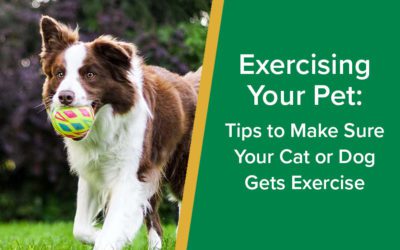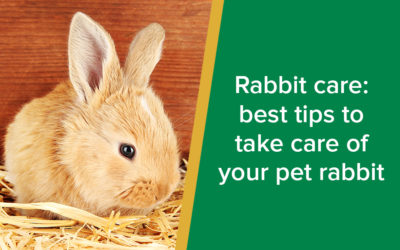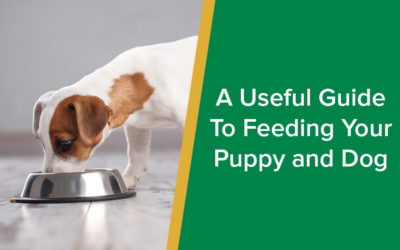We can put you in touch with local training clubs and have staff who have an active interest in puppy training who can advise you and answer all puppy related questions.
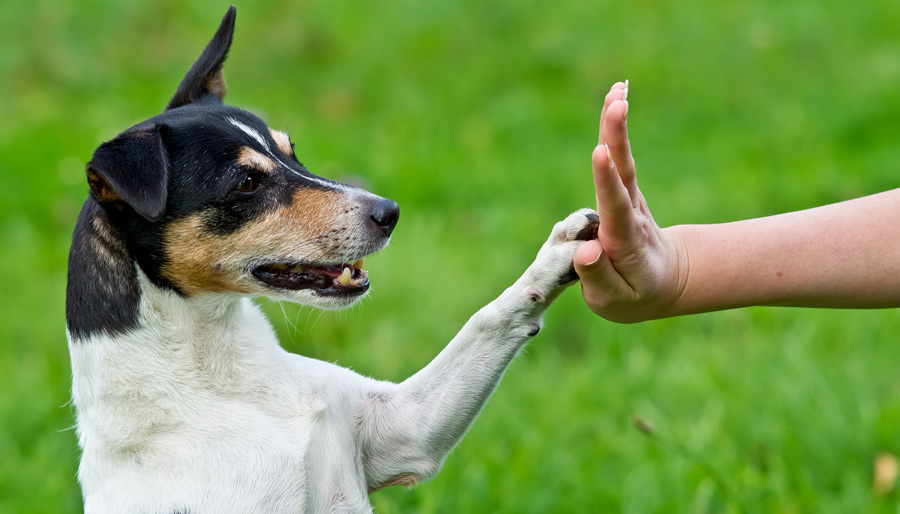
The following are basic tips on training and behaviour. There are many good books that give more in-depth advice if required. If you have a specific query or concern, please ask to speak to one of our puppy training staff members
- Puppies thrive and learn through love and consistent training. A golden rule would be to not allow your pup to do anything you don’t want him/her to do in adult life
- Keep training sessions short and sweet and always end on a positive, i.e. the puppy having achieved what was asked of him/her. Set your puppy up to succeed.
- Make sure all members of the family use the same verbal commands and are consistent with boundaries and rules.
- Recall is one of the most important things you can teach a puppy. It could save his/her life.
- Don’t overuse your pup’s name
- Reward good behaviour verbally, physically or by using treats. Mix up rewards so you are always interesting to your puppy
- Discourage inappropriate behaviour by being consistent. Say NO in a deep, firm voice. If the inappropriate behaviour continues (e.g. Mouthing) ignore the puppy, walk away and do not engage with him/her. Don’t point at your puppy – use a flat hand.
- Sometimes puppies become so hyperactive that a time out in a safe place is the best policy. Keep time outs short. 5 minutes will allow him/her to calm down. Don’t shout at the puppy, simply pop him/her in a pen or crate and walk away.
- Ensure your puppy has a quiet, safe place to rest. Puppies need a lot of sleep in the first few weeks in their new home
- If your puppy has toileted in the house or chewed something, unless caught in the act, punishment is futile and will confuse and frighten your puppy
- When you are at home, pups should be let out every 30 minutes and should be encouraged via verbal praise for toileting outside. Expect accidents in the first few weeks; toilet training a puppy takes time, patience and understanding.
Chewing
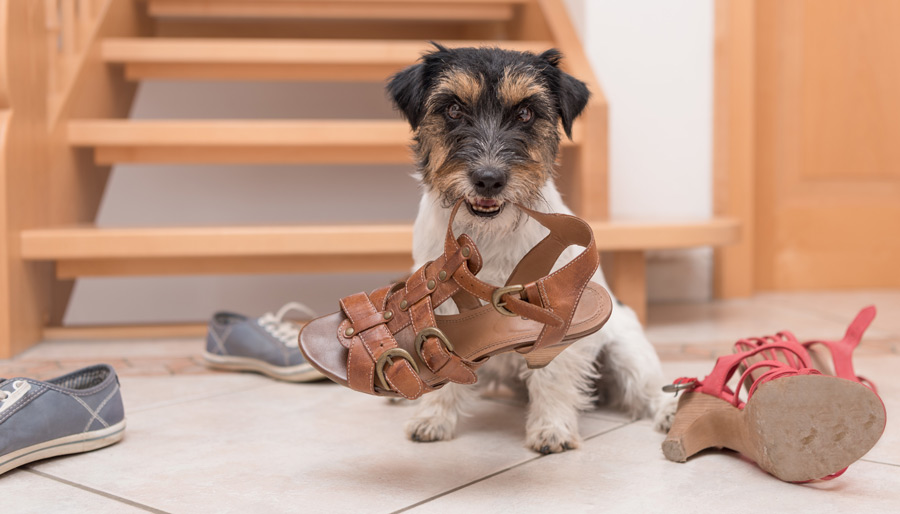
If you don’t want things chewed, keep them out of the pups reach! If your puppy has got something it shouldn’t have, arm yourself with a treat or a toy and call the puppy to you. Ask the puppy to give and gently remove the item from his/her mouth, ask them to sit and immediately offer the treat. You are treating the ‘sit’ not the theft. Don’t ever chase the puppy – this just encourages him/her and quickly becomes a game.
Mouthing
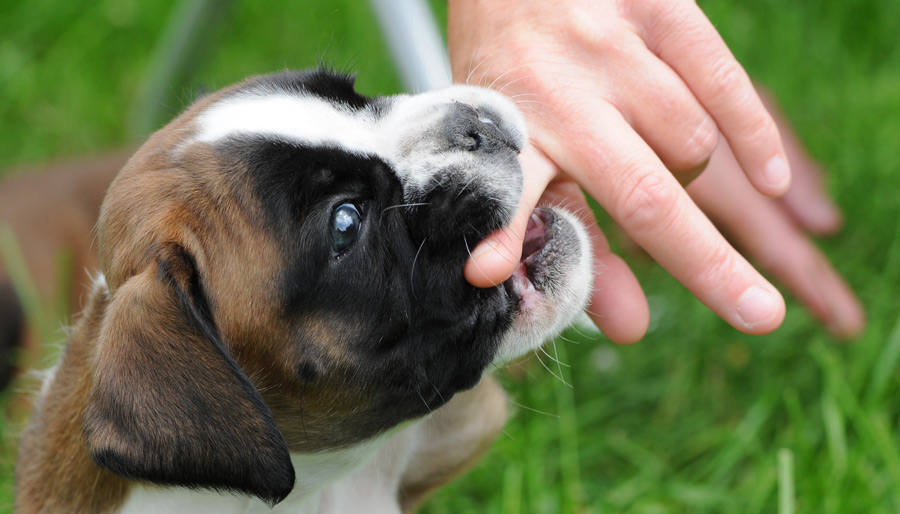
This is perfectly normal puppy behaviour and it’s how the pup played and communicated with his/her siblings. It is important to teach pups that mouthing humans is unacceptable. Don’t engage in rough or tugging type play or encourage your puppy to grab hands or feet. If your puppy does nip, you should say “OW” or “NO” in a low voice. Squealing may excite some breeds to mouth more. Play immediately stops when mouthing/grabbing starts. Have suitable toys available that your puppy can play with. Discourage children from running and screaming from a puppy as this behaviour will encourage the puppy. Instead, teach your children to become a ‘tree’. Stay quiet, stand still, hands under their armpits and turn their back on the pup. A child who is not interesting will be ignored.
Socialising
At the start of every dog’s life, there is a uniquely sensitive period in which they can absorb many new experiences without fear.
It is very important to introduce puppies to the outside world as early as possible. From 8 weeks of age you should take them out in your arms every day for a walk around the neighbourhood to experience the day-to-day sights and sounds of people, cars, children, bikes, pushchairs, umbrellas etc.
Although it is perfectly reasonable, and a good idea, to allow them to meet healthy vaccinated dogs in your home or that of friends and family, please remember your puppy will not have cover against disease until one week after their second vaccination and should be carried at all times.
Handling your dog
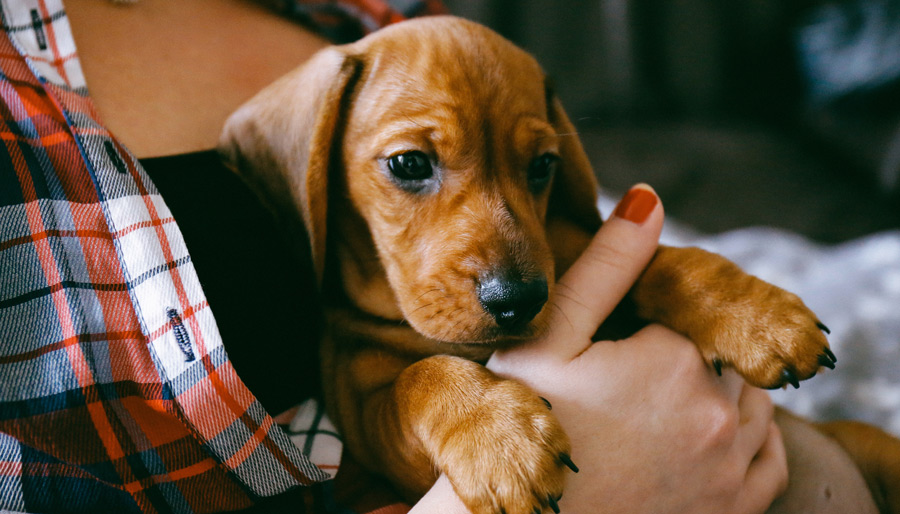
It is worth getting used to handling your pup and getting your pup used to being handled.
On a daily basis, gently run your hands over your puppy from nose to tail. Remember to be very gentle, especially around mouths as their gums are tender around the time they change teeth. Handling will reduce the stress of them being examined and treated in the future. It will also help you to recognise what is normal for your dog and help you to pick up any problems early. Handling your pup is also a great way to bond with them through touch.
